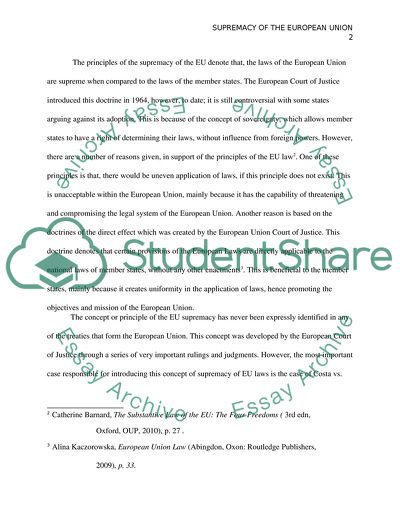Cite this document
(“European Union Law Essay Example | Topics and Well Written Essays - 2250 words - 7”, n.d.)
European Union Law Essay Example | Topics and Well Written Essays - 2250 words - 7. Retrieved from https://studentshare.org/law/1675101-european-union-law
European Union Law Essay Example | Topics and Well Written Essays - 2250 words - 7. Retrieved from https://studentshare.org/law/1675101-european-union-law
(European Union Law Essay Example | Topics and Well Written Essays - 2250 Words - 7)
European Union Law Essay Example | Topics and Well Written Essays - 2250 Words - 7. https://studentshare.org/law/1675101-european-union-law.
European Union Law Essay Example | Topics and Well Written Essays - 2250 Words - 7. https://studentshare.org/law/1675101-european-union-law.
“European Union Law Essay Example | Topics and Well Written Essays - 2250 Words - 7”, n.d. https://studentshare.org/law/1675101-european-union-law.


